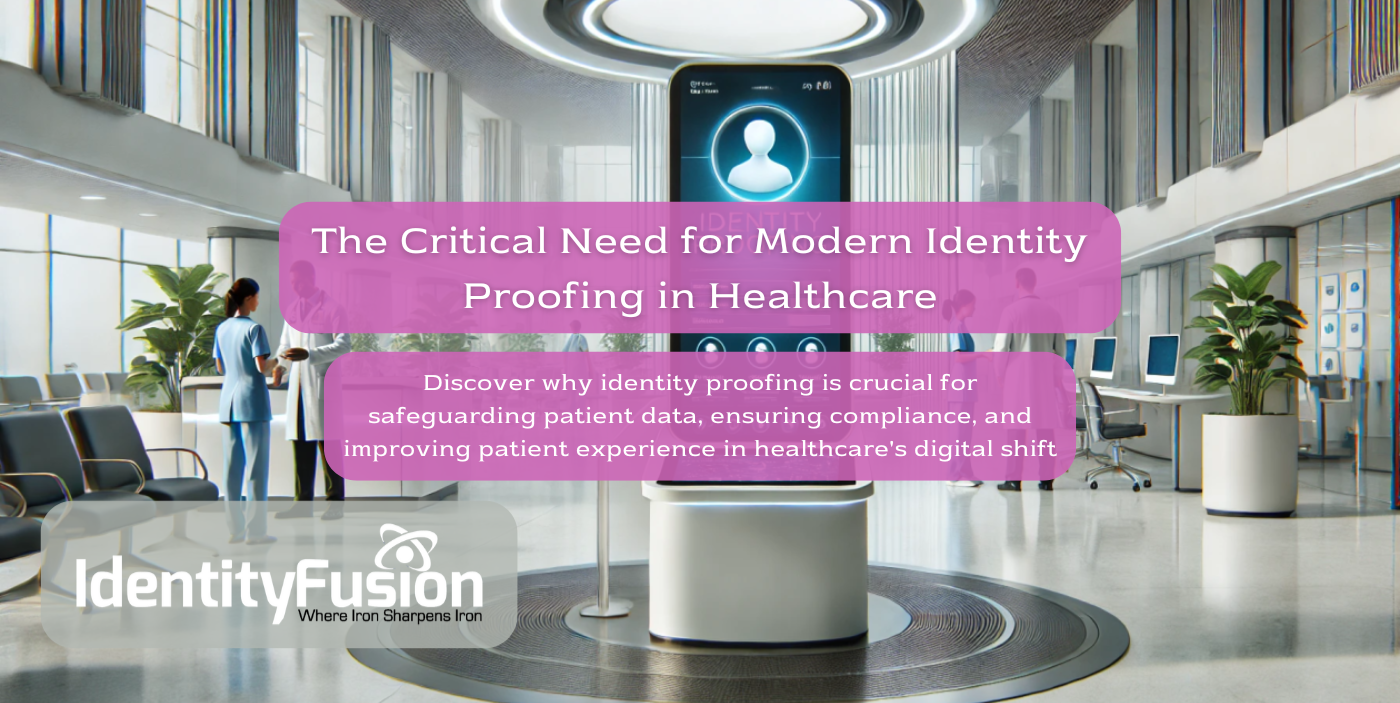Let’s explore the importance of Privacy-Preserving Identity Management in IGA. Today data breaches and identity theft are becoming increasingly prevalent, the need for robust privacy-preserving identity management solutions is more crucial than ever. Identity Governance and Administration (IGA) plays a vital role in ensuring that the right individuals have access to the right resources at the right times for the right reasons. However, traditional IGA systems often face challenges related to privacy and security. This blog explores the concept of privacy-preserving identity management within IGA, its importance, and the strategies to achieve it.
Understanding Identity Governance and Administration: Balancing Security & Privacy
New to IGA? Identity Governance and Administration is a framework that combines identity management and access governance. It helps organizations manage digital identities and control access to critical information and systems. IGA solutions provide tools for identity lifecycle management, access requests, access certification, role management, and policy enforcement. Despite its importance, IGA systems can be vulnerable to privacy risks if not properly managed.
The Importance of Privacy in IGA
Privacy in IGA is critical for several reasons. First, organizations must comply with various privacy regulations such as GDPR, CCPA, and HIPAA, which mandate stringent controls over personal data. Protecting user privacy helps build trust with customers, employees, and partners, enhancing the overall security posture of the organization by minimizing the attack surface. Additionally, data breaches and privacy violations can severely damage an organization's reputation and result in financial losses. By integrating privacy-preserving measures into IGA, organizations can mitigate risks and ensure that personal data is handled responsibly.
Strategies for Privacy-Preserving Identity Management in IGA
Implementing privacy-preserving identity management within IGA involves several strategies. Data minimization is crucial; organizations should collect only the necessary information needed for identity management and access control, avoiding the storage of excessive personal data. Anonymization and pseudonymization techniques can reduce the risk of identifying individuals in the event of a data breach. Encryption of sensitive identity data, both at rest and in transit, helps prevent unauthorized access. Strict access controls and role-based access management ensure that only authorized individuals can access sensitive data. Regularly auditing and monitoring access to identity data can help detect and respond to any unauthorized activities. Consent management is also important, as organizations must obtain and manage user consent for data collection and processing activities, ensuring transparency and compliance with privacy regulations. Integrating privacy considerations into the design and development of a broader IGA system and the processes from the outset, known as privacy by design, is another essential strategy.
Navigating Challenges within IGA
While privacy-preserving identity management in IGA offers numerous benefits, it also can present challenges. Implementing privacy-preserving measures can add complexity to IGA systems, and techniques like encryption and anonymization may impact system performance. Additionally, keeping up with evolving privacy regulations can be challenging. To address these challenges, organizations can leverage advanced technologies such as AI and machine learning to enhance privacy measures without compromising performance. Regular updates to IGA systems with the latest security patches and privacy-enhancing features are also crucial. Training and awareness programs can educate employees and stakeholders about the importance of privacy and best practices for managing identity data.
Zero Trust: The Future of Privacy-Preserving Identity Management in IGA
The future of privacy-preserving identity management in IGA is promising, with several trends emerging that are set to revolutionize the field. One of the most significant trends is the adoption of a Zero Trust approach. This security model is based on the principle that no entity, whether inside or outside the organization's network, should be trusted by default. Instead, every request for access must be verified and authenticated, thereby enhancing both security and privacy. By implementing Zero Trust, organizations can ensure that access to sensitive data and systems is strictly controlled and continuously monitored, reducing the risk of unauthorized access and potential data breaches. This approach not only strengthens the overall security posture of the organization but also aligns with the increasing demand for privacy protection in an era where data privacy regulations are becoming more stringent. Additionally, the shift towards Zero Trust supports the growing trend of remote work and the need for secure access to resources from various locations and devices, making it a versatile and robust solution for modern identity management challenges.
Closing Thoughts
Privacy-preserving in IGA is essential for safeguarding personal data, maintaining compliance, and building trust. By adopting strategies such as data minimization, encryption, and privacy by design, organizations can enhance their IGA systems' privacy and security. As technology evolves, staying ahead of trends like Zero Trust and decentralized identity will be crucial in protecting identity data in the digital age.

